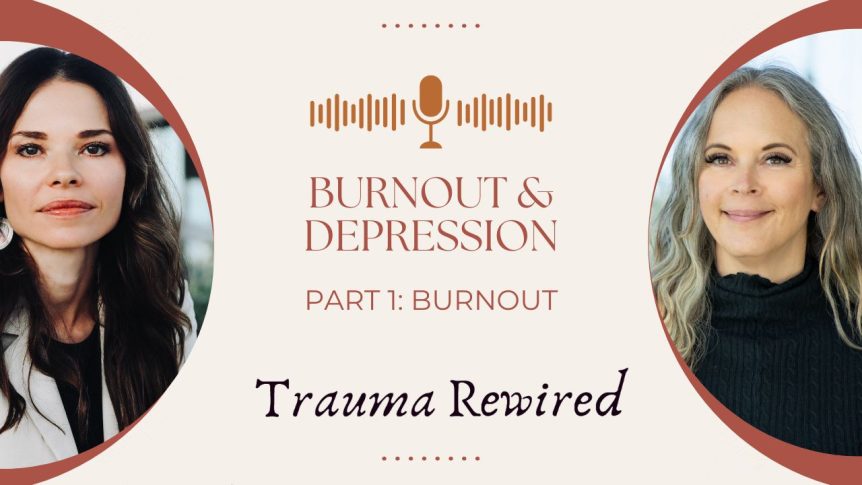
Imagine a flame that isn’t receiving adequate fuel, slowly dying down. This is a great visualization of what happens in the body when we are experiencing burnout. When we push past our capacity and boundaries, while doing things that may not be authentic or aligned with us, we are essentially burning through our reserves faster than we can replenish them.
This is so common for people to experience in our society, with so many pressures to do more constantly. The demand it has on our physical, mental, and emotional health is greater than we think. This is not to villainize growth, growth is good, but taking the time for rest and recovery is essential for that growth to be sustainable.
In this episode, we discuss what burnout means, dive deep into the science behind what happens in the body when we push ourselves further than our capacities can handle, and end up feeling tired, dissociated, and uninspired.
We touch on the warning signs of burnout, as well as possible causes, such as social media, self abandonment, attachment styles, and socioeconomic pressures. The Western world rewards those who push themselves whether that is through physical training, needing to be at every event to maintain social connections, or even in our own somatic healing. Doing more, in less time, has become so intertwined in our culture, it’s no wonder so many of us experience high levels of stress and burnout, when it doesn’t have to be that way.
Tune in to learn about burnout and learn the importance of rest and recovery so you can live a more present, fulfilling life, with your best foot forward. You don’t want to miss this one!
Topics discussed in this episode:
What is burnout?
Getting real with our capacity
Adrenal burnout and cortisol levels
How sleep and rest is crucial for integration and repair
How social media and blue light exposure adds to the stress bucket
What is functional freeze?
Misalignment and inauthenticity’s role in burnout
How the cognitive load of high sensory input can affect stress levels
Being performative as an indicator of burnout
The different ways we exceed our capacity
How women and men differ when it comes to stress levels
If you would like to WATCH the episode and/or have closed captions, check out our Trauma Rewired YOUTUBE channel!
If you need access to transcripts of this episode, you can find that HERE on Apple Podcasts.